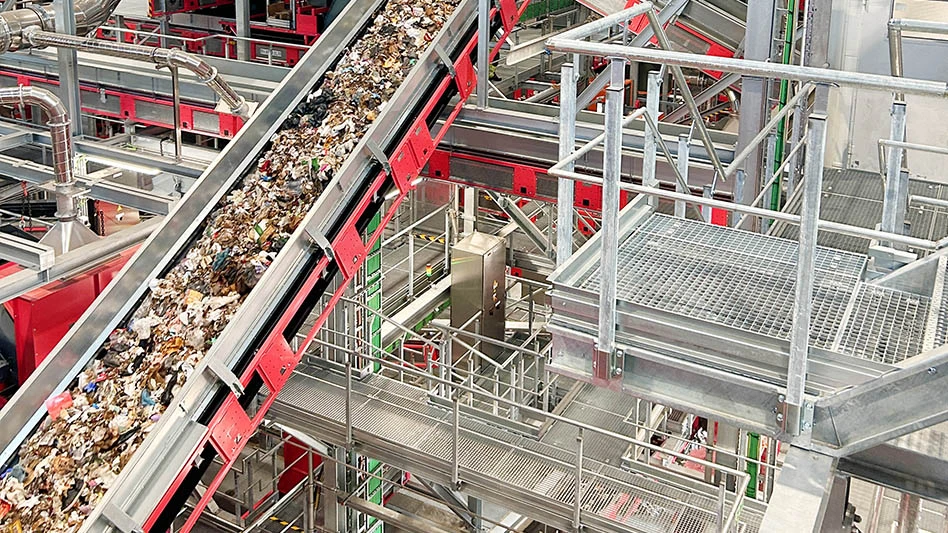
The New York State Department of Environmental Conservation (DEC) began enforcement of the state's ban on single-use plastic carryout bags on Oct. 19. The plastic bag ban, which went into effect on March 1, was not immediately enforced due to COVID-19-related health concerns as well as an agreement between parties in a lawsuit brought by Poly-Pak Industries Inc., et al, in New York State Supreme Court that was aimed at reversing the ban; however, the court issued a decision on Aug. 20 upholding the law.
According to the DEC, “All plastic carryout bags (other than an exempt bag) became banned from distribution by anyone required to collect New York state sales tax. For sales that are tax exempt, plastic carryout bags are still not allowed to be distributed by anyone required to collect New York state sales tax (unless it is an exempt bag). The law affects anyone required to collect New York State sales tax, bag manufacturers and consumers.”
If a business distributes any non-exempt plastic carryout bags to its customers, DEC may take enforcement action against them. Violators will receive a warning notice for the first infraction.
Under the law, cities and counties are authorized to adopt a paper carryout bag reduction fee where consumers are to be charged 5 cents for each paper carryout bag provided at checkout. Consumers can bring their own bags to avoid the fee.
Some plastic bags, including produce bags, those used for packaging meat and fish, and those containing prescription drugs are exempt from the law.
In March 2017, New York Gov. Andrew Cuomo formed the New York State Plastic Bag Task Force, chaired by DEC Commissioner Basil Seggos. The task force met several times to develop a solution to the challenge of plastic bag waste. The final report analyzed the impacts of single-use plastic bags and provided options for legislation that could help develop a statewide solution. In addition, following passage of the New York State Plastic Bag Waste Reduction Act, DEC held a series of meetings with industry stakeholders across the state to invite input from the public and guide the agency's development of rules and regulations to implement the law.
Latest from Waste Today
- Meridian organizes aid for flood victims
- Republic adds electric trucks, new landfill gas projects in 2024
- IEG hires general manager of service
- FZUK announces new commercial director
- Small-scale WTE partnerships
- Northwest Natural Renewables proposes Ohio landfill project
- US Senate backs reduced cuts to EPA
- Waste Connections announces Q2 results





